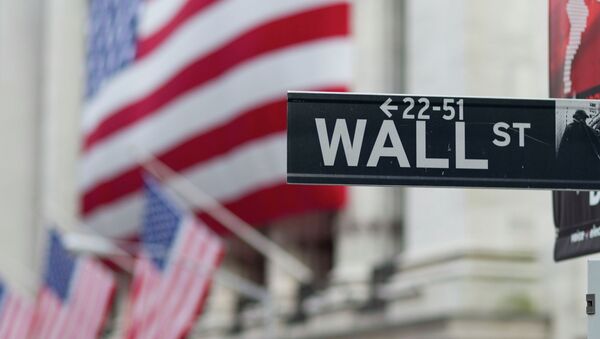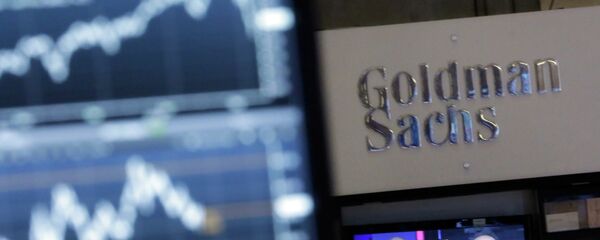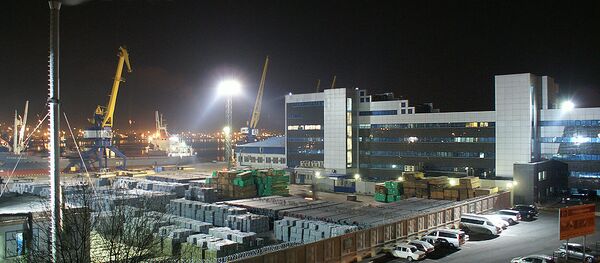Friday's report, along with Q4 GDP figures, will also contain data on the dynamics in US corporate earnings for the same period, and the current forecast is rather grim, suggesting the corporate sector might indeed have had two consecutive quarters of declining profits, which historically suggest a recession arriving within one year. However, there are usually many factors that coincide to bring about an unfortunate set of events which ultimately result in a recession, and a slowdown in GDP growth is merely one of those.
"Economic indicators this week may show the US economy experienced a mild slowdown but it is not headed for a recession," Richard Turnill of BlackRock Inc., the world's biggest wealth manager, said.
According to the existing data, the decline in US corporate earnings started in Q3 2015, with annualized net losses of 5.1%, after having gained barely 0.5% in Q2 and 4.5% in Q1 2015. In Q4, pre-tax profits are expected to have fallen 9.5% compared to a year earlier, meaning extended losses for America's economy.
The main reason the US enterprises have been suffering losses throughout the second half of 2015 is their significant exposure to international markets, stemming from their extensive global presence. Given unfavorable economic conditions in emerging markets, volatility in Europe over staggering growth and Grexit fears in mid-2015, Japan's persistent disinflation and China's factory-gate glut, the situation worldwide turned out to be a shock for American companies when the dollar started to appreciate dramatically due to the Federal Reserve's tightening measures.
"Usually the US economy goes into a downturn about a year or two years after the Fed begins tightening aggressively," Douglas Porter of BMO Capital Markets said.
All that means, not only in Q4 2015, but in Q1 this year as well, that US corporate earnings have likely been decimated, resulting in presumably three consecutive quarters of net losses, and almost guaranteeing that a recession is coming.
Thus far, however, all eyes are set on Q4 figures, with JP Morgan Chase & Co. expecting corporate losses to have been deepened, and putting a 50% chance of a recession starting in the US in 2016-17, along with a 60% chance of a recession happening in 2016-2018.
Job market developments also provide another clue that the US is due for a recession. Labor productivity is extraordinarily low, mainly because government-created jobs are uncompetitive and unnecessary in the open market conditions, and people employed at these jobs are earning more than they produce. In 2001-2005, now perceived as the most recent ‘golden age' of the US economy, labor productivity growth stood at 3.1%, dropping to 2.0% in 2006-2010 (bear in mind the long and painful crisis of 2007-2009), and declining further to 0.4% in 2011-2015.
"With wages picking up but productivity growing in slow motion, margins are likely to continue their declines, which have historically signaled an expansion is near its end," JPMorgan analysts wrote.
Meanwhile, the current economic policies suggest the US is not ready for a recession. While abundant government-funded programs, like food stamps and other social benefits, might keep incomes from falling dramatically amidst declining economic activity, these would not be enough to support consumption at its existing levels should the corporate sector be tanking. US consumers are driving some 72% of the US economy.
Declining productivity might eventually result in ‘full employment' weighing on economic growth, triggering massive layoffs along with budget cuts, while the bleeding corporate sector would not be much help at that point.
The US economy has historically entered a recession about once every decade, and even though the current numbers suggest only a slowdown, the situation requires a major adjustment in the US economic model, which is excessively reliant on fiscal stimulus and still low base interest rates.





